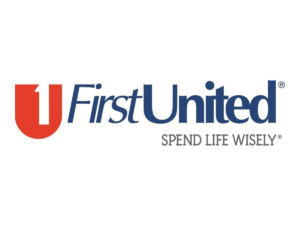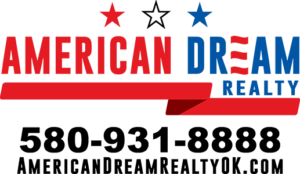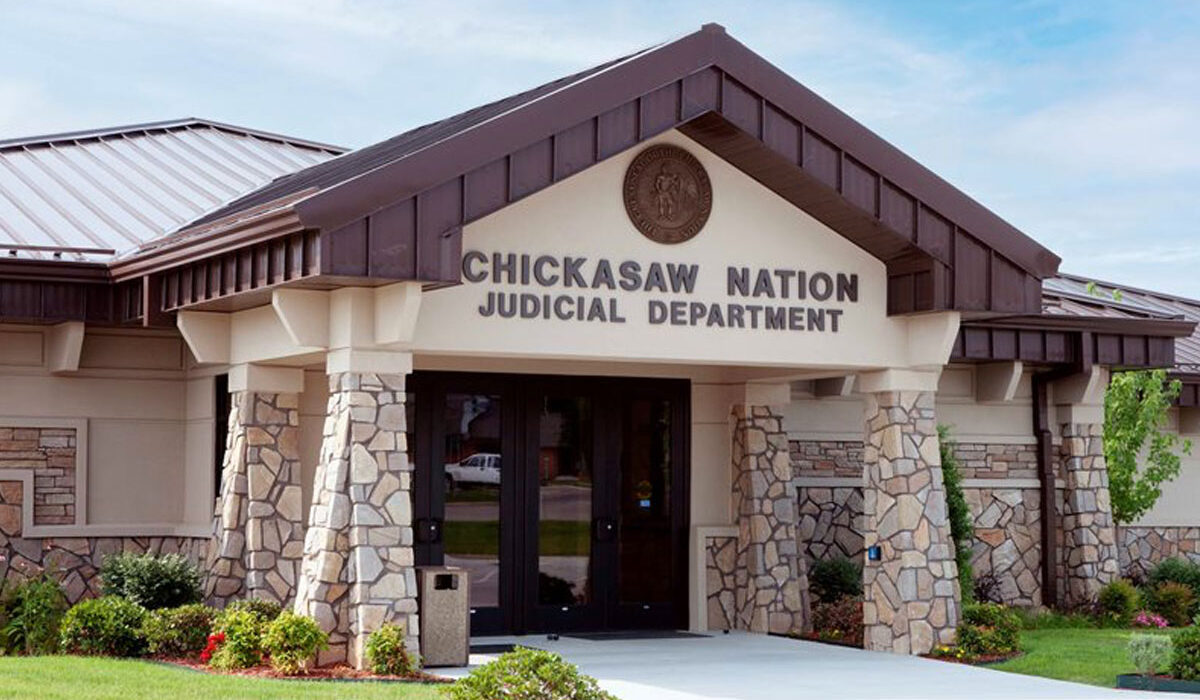Chickasaw Nation prepares for future with Healing to Wellness Court
Chickasaw Nation
As a result of recent court rulings expanding the Chickasaw Nation’s criminal jurisdiction throughout its treaty territory, the Office of Tribal Justice Administration has seen an increase in criminal court cases involving substance use within the Chickasaw Nation’s district court.
In response, the Chickasaw Nation is creating Masali: Healing to Wellness Court to help First Americans address certain drug and alcohol offenses within the Chickasaw Nation. In state jurisdictions, Healing to Wellness Courts are known as specialty courts which include, but are not limited to, adult drug court, juvenile drug court and mental health court.
As part of its effort to develop a court system focused on reconciliation, healing and overall wellness, the Chickasaw Nation invited the National Drug Court Institute and Tribal Law and Policy Institute to provide on-site training and planning. This training provided a blueprint for the Chickasaw Nation to plan and implement Healing to Wellness Courts.
“Many Indigenous forms of justice already embraced a restorative, holistic approach that prioritizes healing over punishment,” according to the training.
Healing to Wellness Courts are designed to offer participants a path to recovery along with the resources they may need to overcome barriers.
“Therapists and navigators will be working to make sure participants have every opportunity to succeed,” Regena Frye, director of specialty services at the Chickasaw Nation, said. “We work with additional programs and services within the Chickasaw Nation, learning what is available to participants. No two situations are the same.
“There are programs and services that we can refer citizens to that overcome housing needs, barriers to employment, as well as addiction and recovery treatment. Programs within the Chickasaw Nation Department of Health (CNDH) and the Chickasaw Nation Department of Family Services (CNDFS) may also become involved, as medical services, family counseling, and other outpatient treatment may be required.”
According to information provided by the Tribal Law and Policy Institute, Healing to Wellness Courts are special court dockets for cases involving alcohol or drug-using offenders who require extensive judicial and case management supervision and treatment programs.
Healing to Wellness Court programs bring the full weight of judges, prosecutors, defense counsel, treatment specialists, probation officers, law enforcement, social services, community leaders, traditional healers and others to confront substance use issues and support the recovery process. In these environments, offenders become active participants in their recovery and restoration and are held to a higher level of accountability.
To create the Healing to Wellness Court, the Chickasaw Nation Legislature voted unanimously to approve an amendment to Title 5 of the Chickasaw Nation Code. As stated in the December 2022 edition of the Chickasaw Times, “This resolution amends Chickasaw Nation code to add diversionary programs as an alternative to incarceration. The aim of the Healing to Wellness Court program is to reduce future criminal activity.”
According to Frye, helping Chickasaw citizens within drug courts has been at the forefront of the tribe’s addiction recovery efforts. In the past, the Chickasaw Nation provided resources to help citizens escape a life of addiction and crime. The Chickasaw Nation provided the means with which to complete these programs within the communities where citizens live.
Healing to Wellness Courts address not only criminal offenses but also seek to identify the strengths and needs of participants. Underlying causes for many criminal behaviors, including substance and alcohol use issues, often include unrecognized mental health needs, family/relational issues, or underlying social/cultural factors contributing to at-risk behaviors.
“With drug and alcohol court cases being dismissed by the state due to the recent court rulings, First American tribes are trying more cases within their own judicial systems,” Frye said.
For more than a quarter of a century, judges within First American tribes have put alcohol and drug treatment, and the treatment of possible underlying mental health issues as conditions for probation and possible sentence deferment. This holds defendants personally and publicly accountable for treatment progress. Drug and alcohol addiction and the coinciding problems they present often first come to the forefront of a person’s life in the judicial system.
A proven record of accomplishment with restorative justice
The Chickasaw Nation has a long tradition of working with drug courts within Chickasaw Nation treaty territory.
The Chickasaw Nation recognized the need to support First Americans in drug courts within the Chickasaw Nation in 2006. This initial program allowed Chickasaw citizens access to drug rehabilitation, mental health and social services recognized by court systems throughout Oklahoma.
“In the beginning, case managers would provide referrals for programs and services the Chickasaw Nation had for citizens,” Frye said. “They explained to judges about the support and resources available to drug court participants through the Chickasaw Nation.”
The Chickasaw Nation has had a meaningful collaboration with Pontotoc County Drug Court for more than 15 years. The Chickasaw Nation began providing support in addressing the increasing number of First American defendants cycling through the courts and jails with substantial substance use problems. The original support program was designed to provide a safe and supportive structure for Chickasaw citizens and family members.
In October 2012, the Chickasaw Nation and Pontotoc County Drug Court agreed to expand and enhance services to eligible participants providing full, comprehensive treatment services to all First Americans within the program.
“When we began working with Pontotoc County Drug Court, we found that about a third of participants were First Americans,” Frye said. “We provided full-service treatment to Chickasaw citizens, including screening and assessments for substance use and mental health issues, individual and group therapy, navigational services (otherwise known as case management services), compliance, and transportation.
“In addition, we provided referrals to other programs within the Chickasaw Nation such as housing, education and any other services they would need for successful completion of the drug court program,” Frye said.
“We have always worked collaboratively and maintained positive, working relationships with state drug courts within the Chickasaw Nation. There are examples of Pontotoc County Drug Court allowing other counties within the Chickasaw Nation to send their drug court participants to be treated by Chickasaw Nation treatment and recovery specialists. It always has been and will continue to be about what is best for the overall health and well-being of the individuals we serve.”
Two philosophies have come to the forefront regarding the prosecution of criminal offenses in the justice systems throughout the U.S. Often, prosecutors and judges view criminal offenders and their punishment in one of two ways: punitive or restorative.
Since the 1980s, drug courts have found a common ground between the two for certain offenders, identifying underlying factors that may cause a high rate of criminal recidivism. The Chickasaw Nation Healing to Wellness Court will tackle the needs of the community by providing community support at the local level, allowing those with needs the opportunity to address issues of drug or alcohol use.


